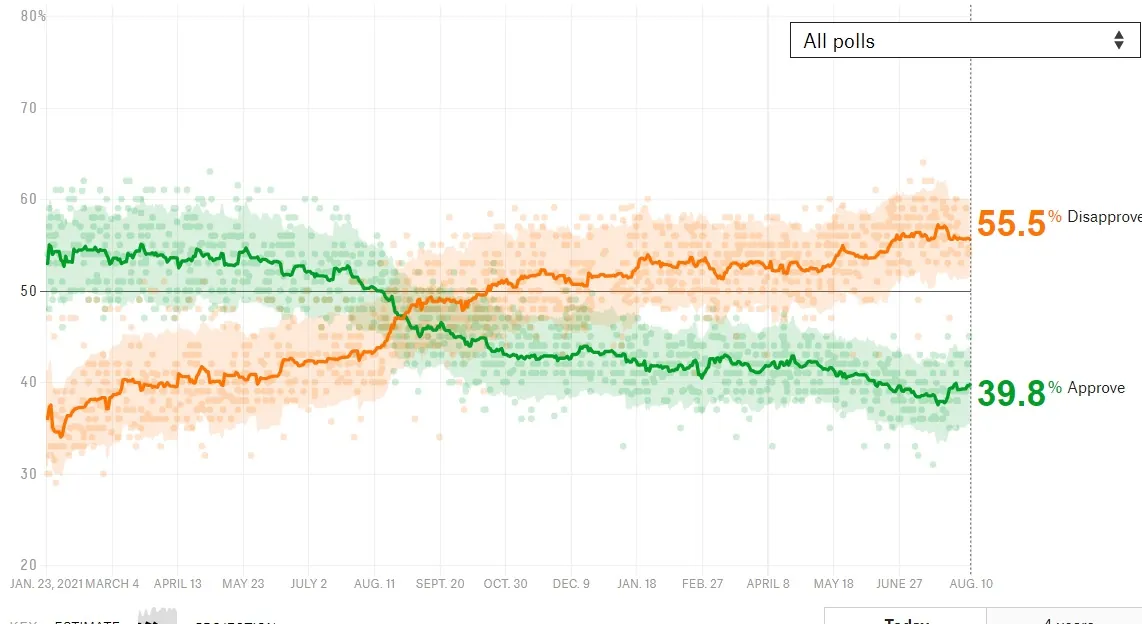greyenlightenment
investments: META/FBL, TSLA, TQQQ, TECL, MSFT ...
User ID: 68

The alt-right lost in the sense it has been subsumed overtaken by the trad/norm-core right and aesthetic on twitter, especially since 2022. The alt-right became associated with low status behaviors and mannerisms, like LARPing or the archetypical basement-dwelling keyboard warrior, and subsequently fell out of favor. Few things convey low status like neck-bearded neo Nazis bulging out of their uniforms out of breath as they plod down the street (even if this hardly describes every alt-righter, being associated with it hurt the brand badly). It also did not help that its members kept being arrested and its online communities, social media accounts, and payment processing accounts shut down, making it hard to raise funds or coordinate.
Elon's Twitter buyout and restructuring in 2022-2023 made the alt-right less relevant too, as everything became viewed through a woke vs. anti-woke lens. But the alt-right does not as readily fit within the woke vs. anti-woke paradigm, being that it also has intellectual roots in critical theory (e.g. Frankfurt School), fusionism, accelerationism, Durkheim theory and the like. The most popular accounts on post-Elon Twitter are more interested in owning the libs and posting viral clips of societal decay, like shoplifting footage or Apple store looting, than deep intellectual discussion or critique of society.
The norm-core right combines anti-woke and far-right trad values with 'normie' aspects of socialization, hence 'norm-core'. Whereas alt-right sought to subvert or exclude itself from mainstream society, the norm-core reconciles the contradiction between holding anti-woke views but ingratiating oneself and even thriving in a mainstream woke society, like good-paying careers, attentiveness to physical appearance (hence the importance of lifting and gym), civic participation (elections are very important) and family.
The norm-core right also tend to care much more about activism and political participation, in opposite of the alt-right that relies on memetic warfare like anonymous shit posting accounts on 4chan or twitter. The norm-core tend to use real names online and embrace civic participation and the democratic process, like voting for local elections and participation in school boards and meetings. Christianity is also very important, with a 'white pill' message of revival or hope, as opposed to the nihilism, secularism, or paganism of the alt-right. This also contributed to the norm-core being higher status.
Because "three-dimensional characters" are key, and I'm too autistic to get into another person's head well enough to write believable human beings
writing advice is useless, so do not worry about things like character development and the like. no one who writes a great story originally set out to check those boxes of what constitutes good writing, and following such advice will not make a story any good.
Main point is that the houses were not that much cheaper relative to now, and the interests rates were murderous. Enjoy!
I agree 100% with this. Shameless link plug: The Myth of Wealthy Boomers (why they are not much ‘better off’ compared to later generations)
The boomers were not as exceptionally lucky or fortuitous as commonly assumed. Like any generation, there is a lot of variance or variability in terms of SES, as we're talking large populations of people . Despite having 50+ years of post-war prosperity and a supposed head start, still, many boomers live in poverty or don't have enough for retirement.
True, homes were a lot cheaper in the '80s and '70s, but interest rates were much higher, mortgages more expensive and shorter duration, and much lower inflation-adjusted salaries. No 6-figure white collar jobs for boomers back then. Adjusted for inflation, a competitive boomer job may have paid the equivalent of of 60-80k today, not $300k + comp.
Moreover, home ownership rates are unchanged over the past 60 years, at around 60-65%.
How is it a glitch having access to new medicines? Expensive drugs but more drugs is better than options only being limited to Tylenol or Asprin, which is what you'd get if there was no profit incentive. No one pays out of pocket for life saving drugs anyway. I am perfectly fine with the makers of Ozempic and Mounjaro making billions if it means reducing obesity and making people's lives better. Americans have high expectations for healthcare; they want some cutting-edge drug that costs tens of thousands of dollars a month to add maybe a few months of life for terminal cancer. Much of healthcare is for end of life spending.
- Prev
- Next


I posit the greatest post-war cultural divide in America is along educational attainment, not race or ethnicity or even politics. College-educated Americans and everyone else may as well be distinct species for all practical purposes. They live in different neighborhoods, hold different values, their children attend different schools, etc. This is could be related to the so-called 30 point IQ communications gap, but also cultural capital and literal capital. Charles Murray has written a lot about this.
I cannot recall anyone ever believing this. From the onset of the virus it had a dividing effect as policy was split almost perfectly along political lines.
I would depend on the initial message or response. 911 was an exception in that it had the effect of bringing people together of opposing ideological lines, but the over-politization of Covid policy had the opposite effect. Had the left not immediately defaulted to masks and lockdowns and was so unyielding or unwilling to compromise, maybe it would not have been as polarizing. This shows the importance of the initial message after a catastrophe. Bush and others were smart to jump on a message of unification right after 911 instead of "you must comply".
OTOH, a pandemic is multiplicative and sensitive to initial values, hence the need for a swift and rapid initial response, but this also makes people want to push back, too, at the imposition, especially when social distancing and masks may not work as well as initially advertised.
More options
Context Copy link